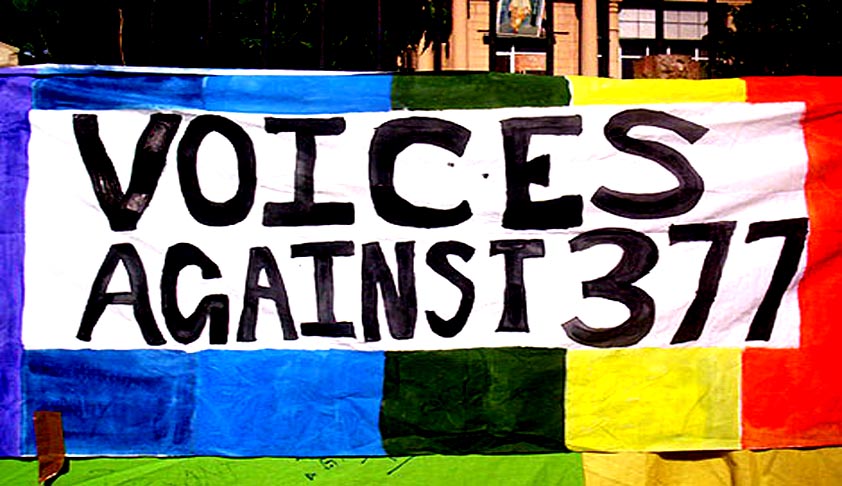Equality became a fabled tale for homosexuals when the apex court’s judgment of holding consensual homosexual intercourse as a penal offence was proclaimed. But government heard their cry from streets of the Indian cities, which marched for the cause of the Naaz Foundation.“We are all here today, all the minority, as well as the mainstream population. Everyone has joined hands to stand...

